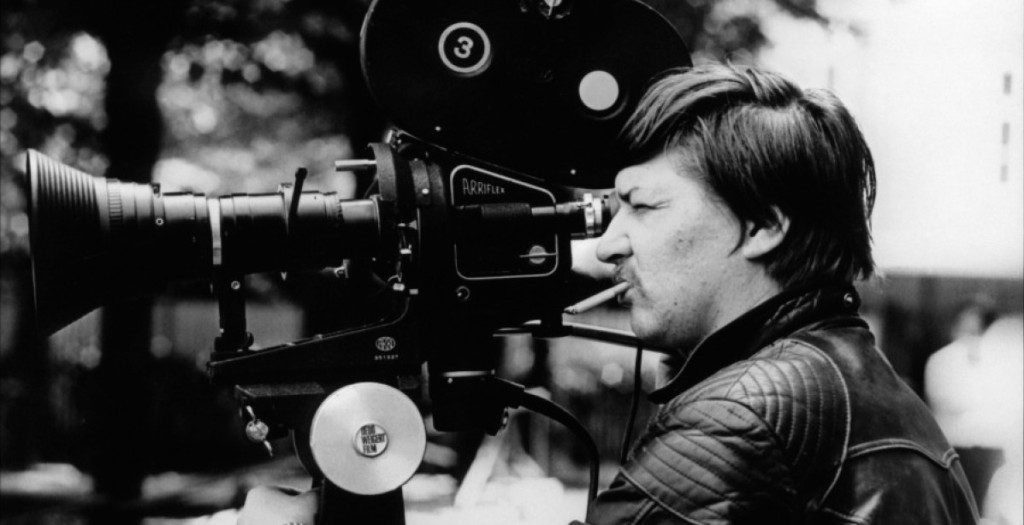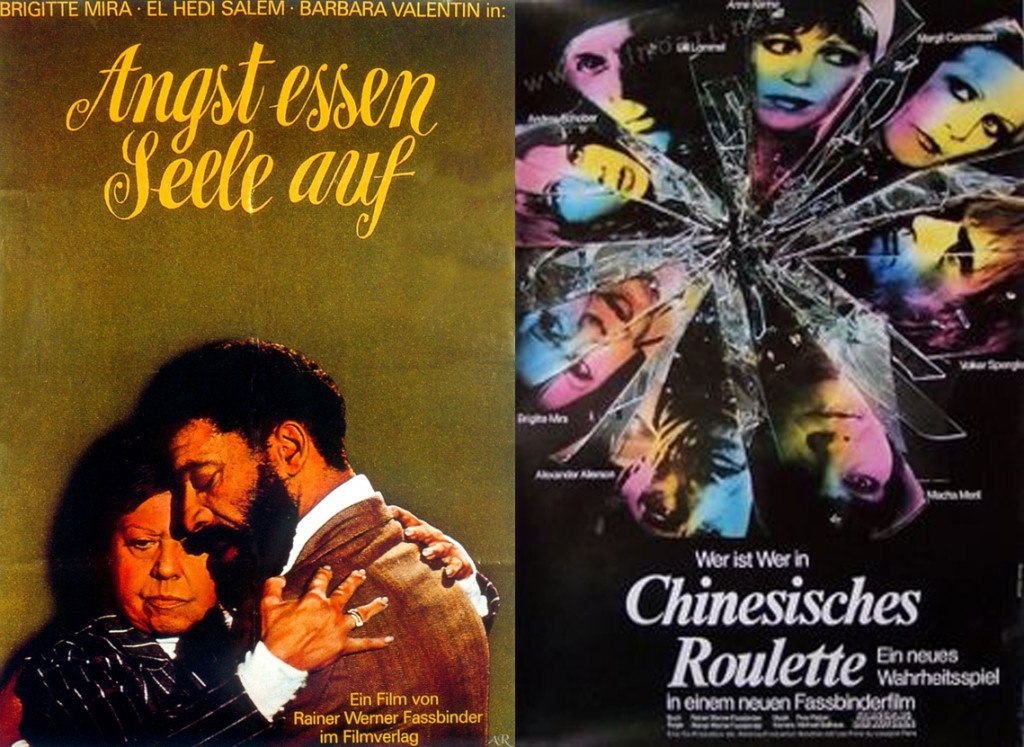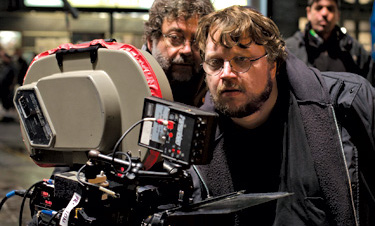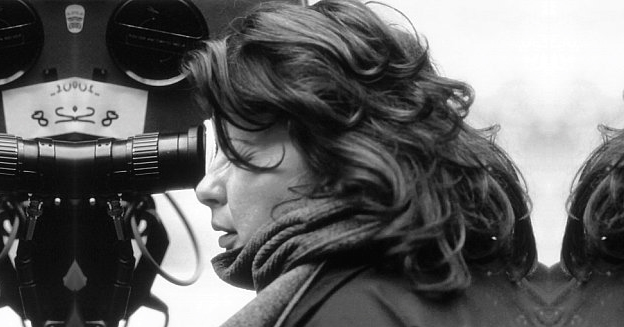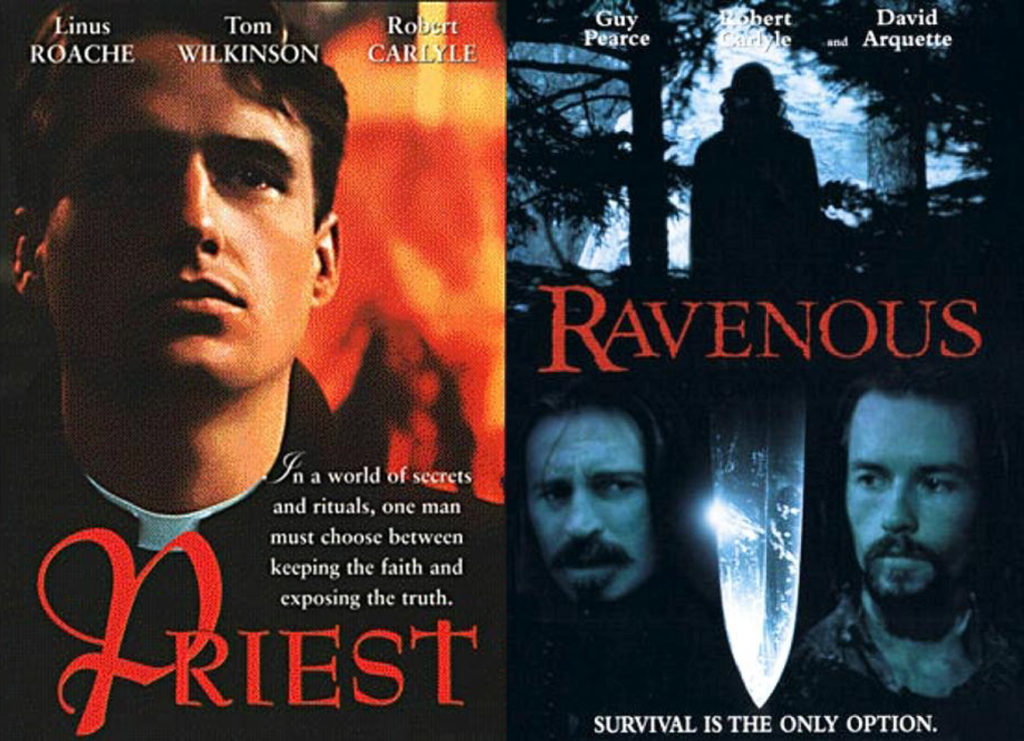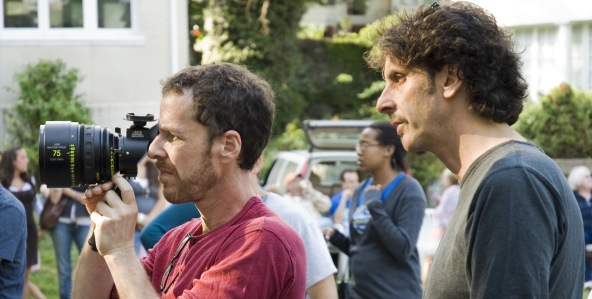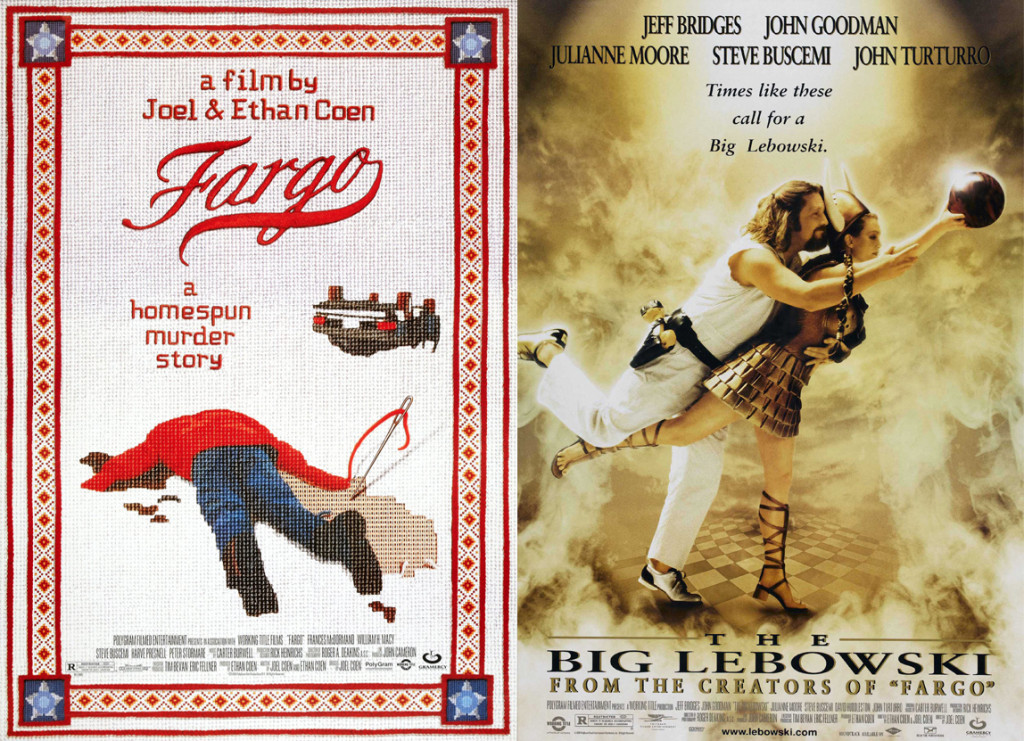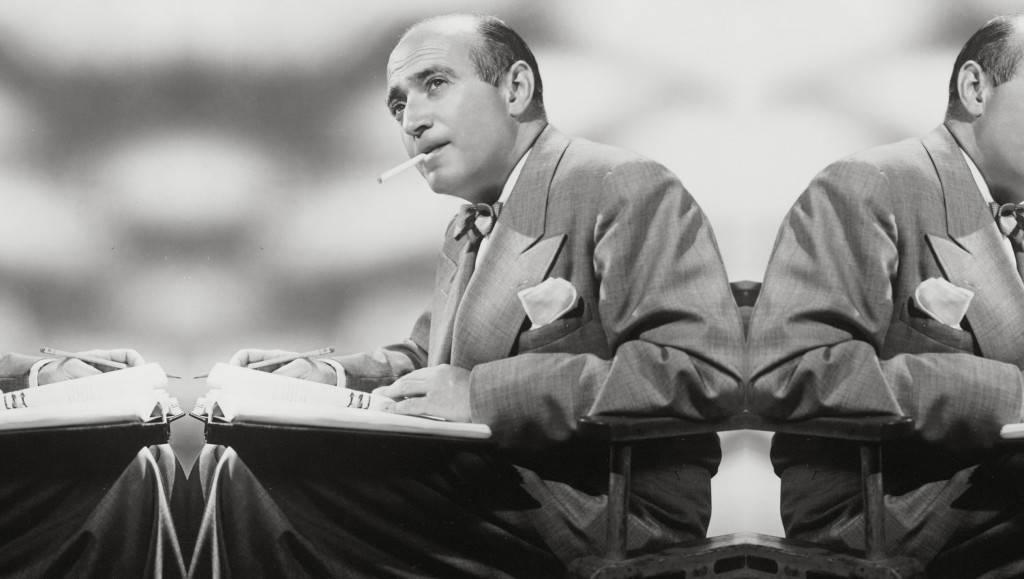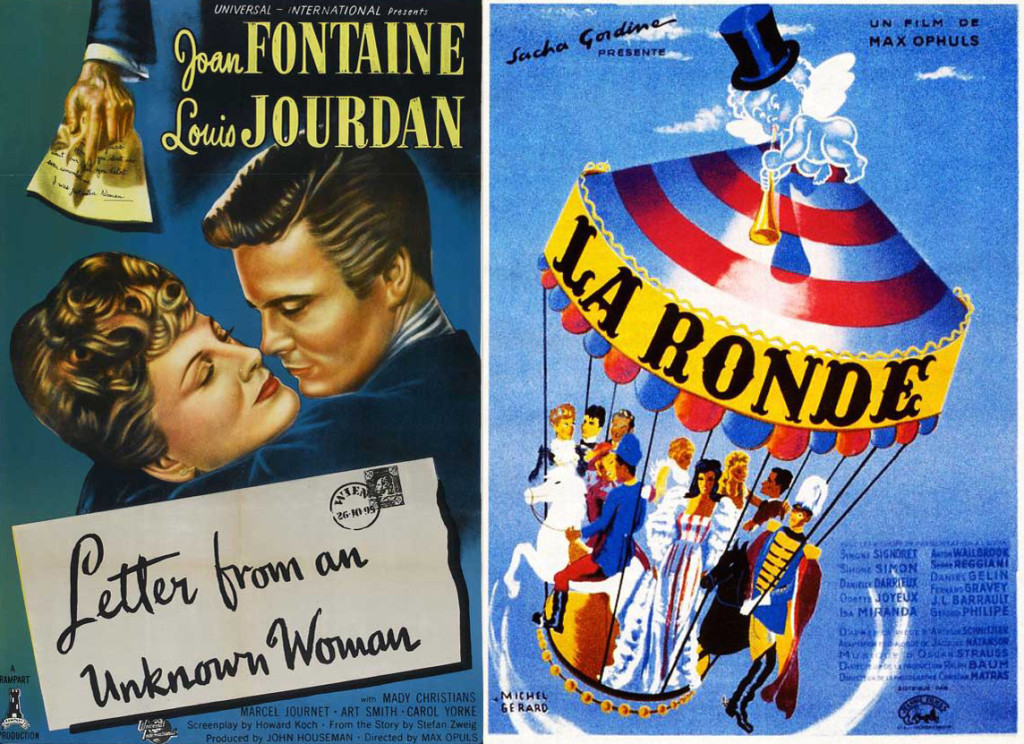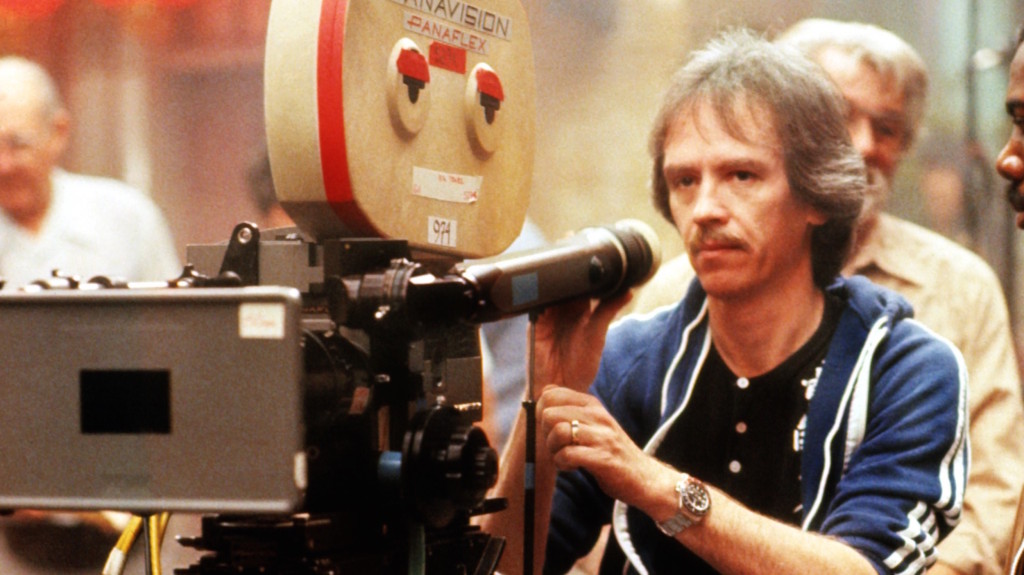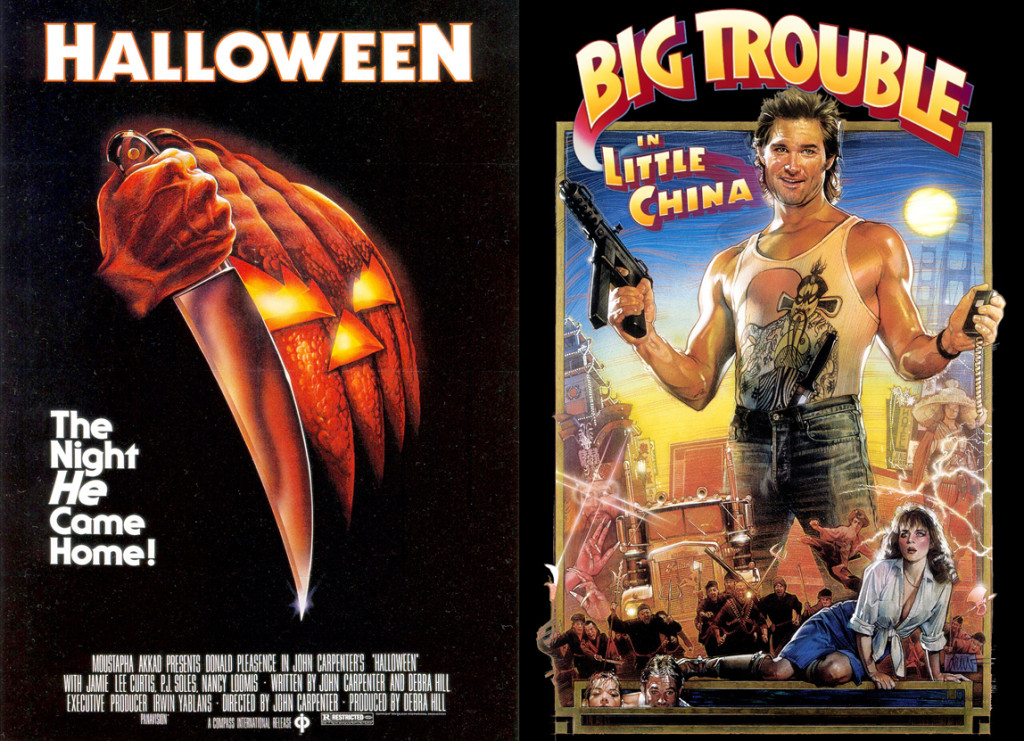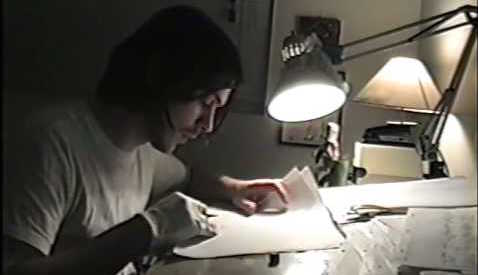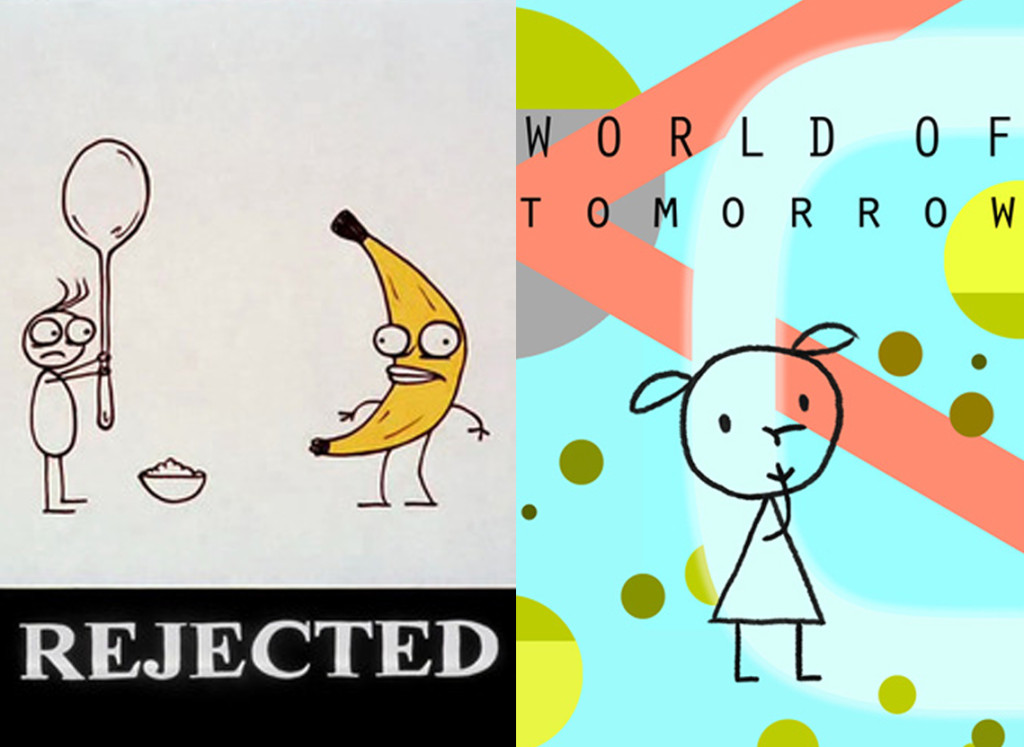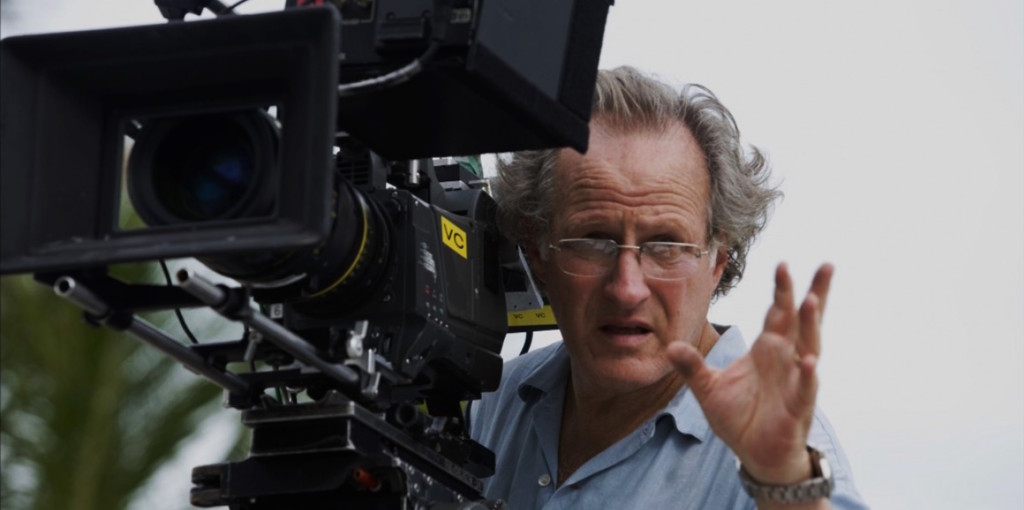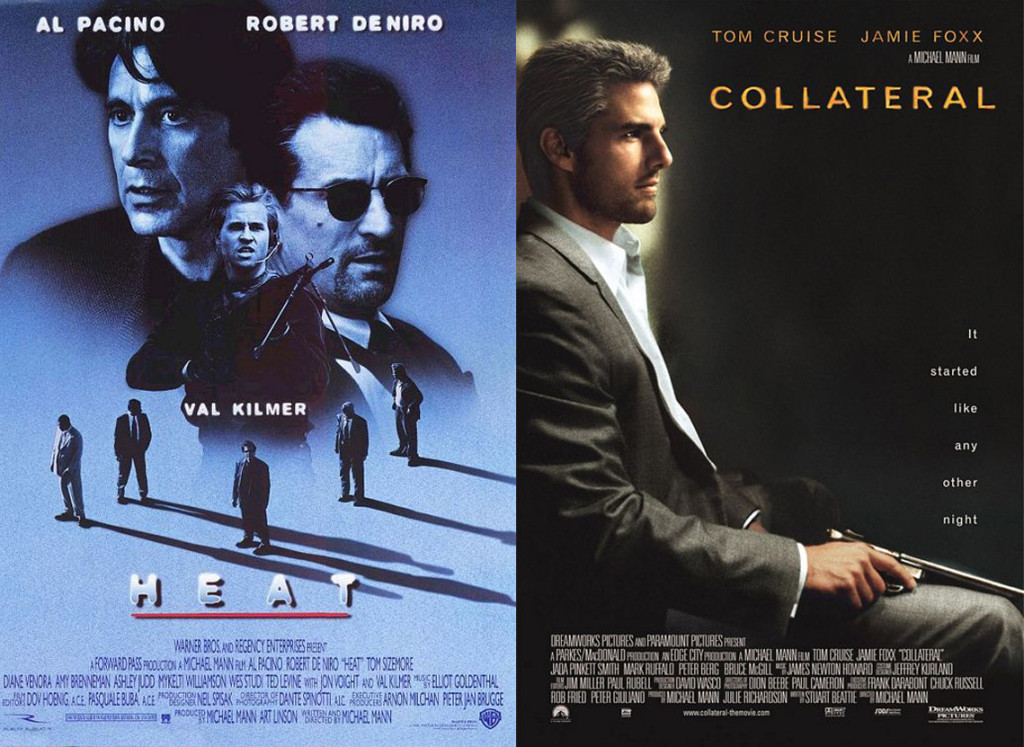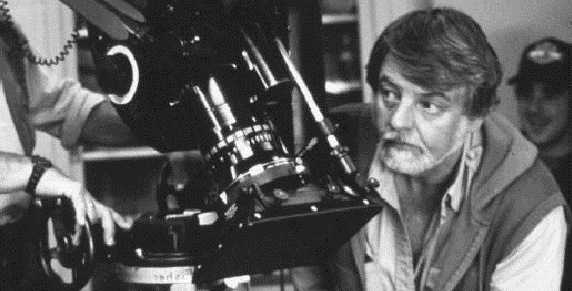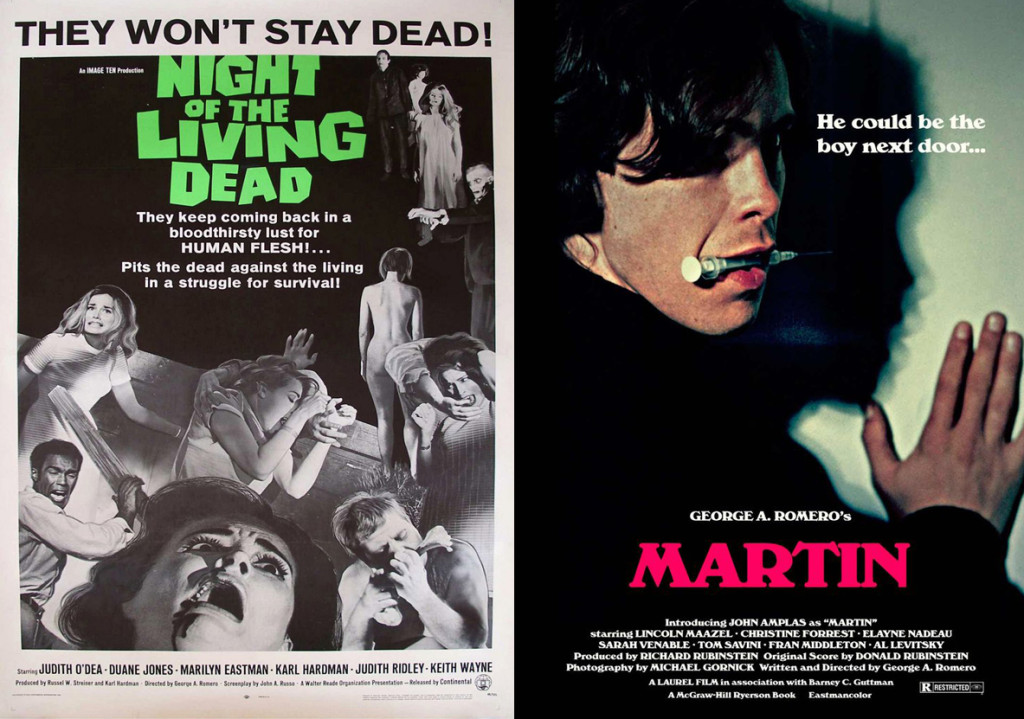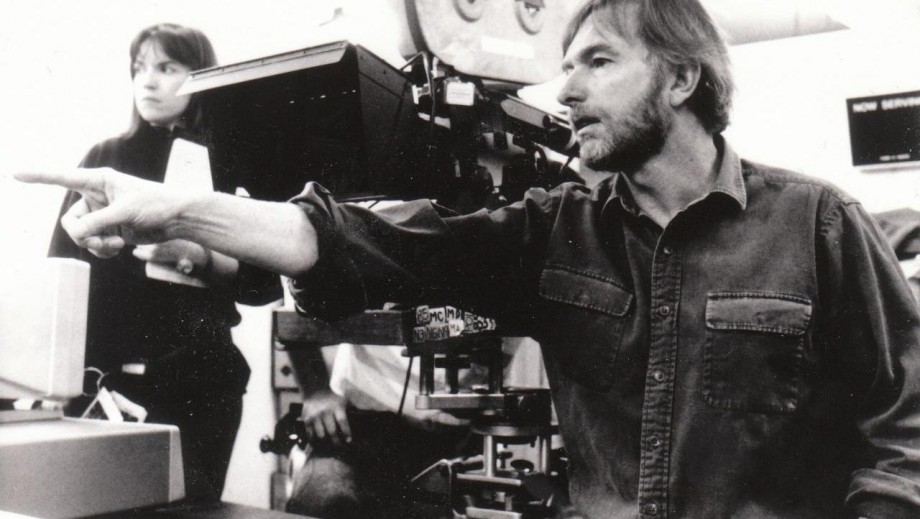
Want to become an instant expert in our filmmaker of the month without committing yourself to an entire filmography? Then you need the Hell Is For Hyphenates Cheat Sheet: we program you a double that will not only make for a great evening's viewing, but bring you suitably up-to-speed before our next episode lands…
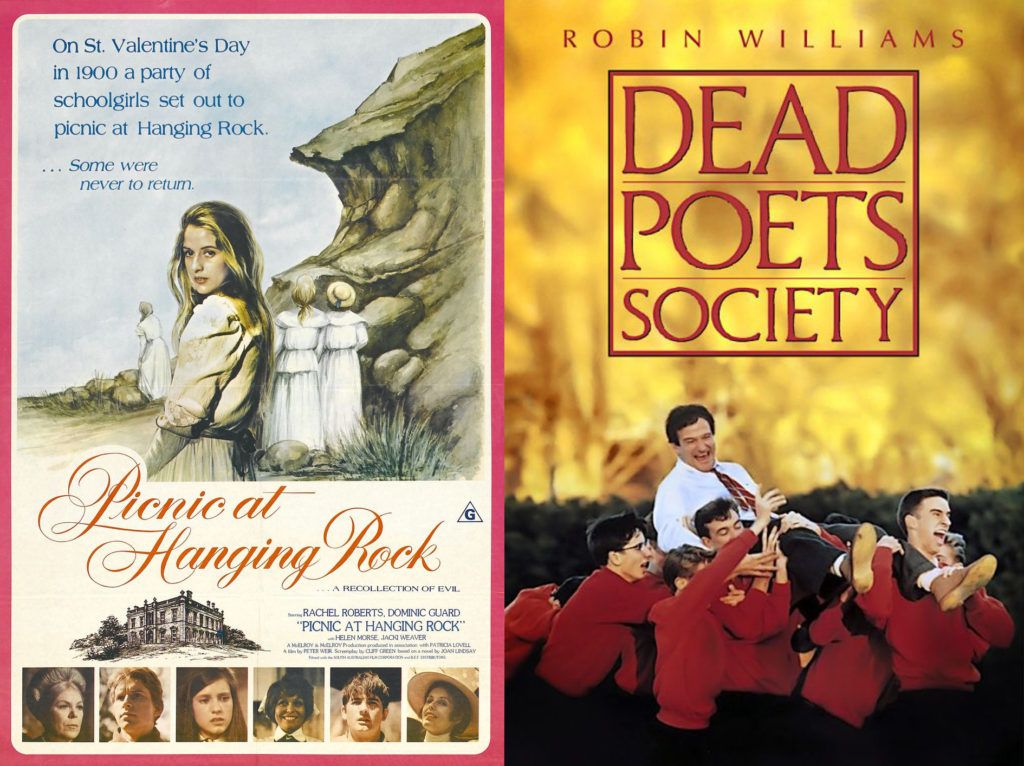
PICNIC AT HANGING ROCK (1975) and DEAD POETS SOCIETY (1989)
It's back-to-school this week so let's prep with two sad, strange and magical school stories from Peter Weir, a director who loves sad, strange communities and the weirdness that occurs therein. These are films that mark people's memories: if you saw either when you were a teenager, they will have lingered in how you think about the passions and persecutions of your schooldays. If you haven't, no worries, they'll haunt you now. Picnic at Hanging Rock, Weir's third full-length feature, is every bit as mysterious and daring as it was forty years ago: its central enigma (not based on a true story, despite rumours) remains unsolved (and unspoilered here). Filmmakers like Carol Morley (The Falling) and Lucile Hadzihalilovic (Innocence) have recently revisited its dreamy strangeness of Edgar Allen Poe-quoting girl crushes and fairy-tale references. Dead Poets Society reflects, likewise, that adolescence is no picnic - but for a brief moment, it can be painfully glorious, with Robin Williams channeling Walt Whitman at the front of the classroom. It jump-started the careers of Ethan Hawke, Robert Sean Leonard and Josh Charles as the hormonal hornets' nests given a jolt of inspiration by Williams' English teacher John Keating (named after Australia's then-Treasurer?), who tells them poetry was invented to woo women. These films will definitely seduce you.
Substitutions: If you can't get or have already seen Picnic at Hanging Rock, go for Gallipoli, which can't be held responsible for Mel Gibson. If you didn't watch it as part of the 100th anniversary of the battle of Gallipoli last year, watch it now. Brutal, moving, truthful, the film put this ANZAC story on the international map. If you can't get or have already seen Dead Poets Society, you must watch The Truman Show, which was pipped by Dead Poets to the Cheat Sheet post by the still-palpable loss of Robin Williams. Like an extended version and inversion of God calling to ask for girls at Helton, The Truman Show is a quintessentially Weir-ian film that starts out quiet and normal and ends up epically uncanny: a tale of an ordinary life that encounters the impossible. And that's just the idea that Laura Linney would really be married to Jim Carrey (as if)…
The Hidden Gem: Want something a little off the beaten path? Then you'll need to check out the 1979 telemovie The Plumber. One of the earliest examples of Weir finding the thrilling in the simple, the film follows the a woman as she is subjected to a series of mind games by a man claiming to be a plumber. If you think you know how the film will play out based on that premise, then you really need to seek out this film, which subverts its Hitchcockian premise at every turn.
The next episode of Hell Is For Hyphenates, featuring Kriv Stenders talking Peter Weir, will be released on the morning of August 31 (AEST).

